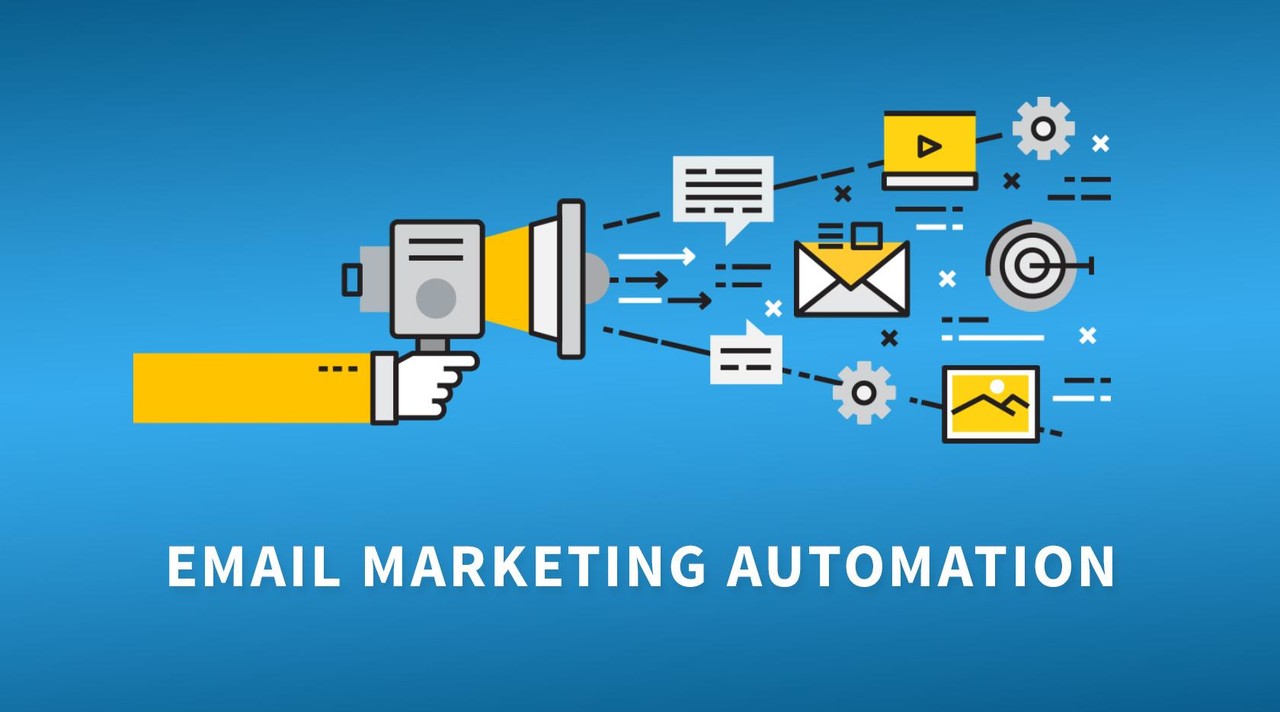In a world predominantly shifting towards digital realms, the significance of digital marketing tools for modern businesses is immeasurable. These tools are the catalysts that empower businesses to bridge the gap between their services and the contemporary consumer, evolving in tandem with the digital era. As consumers meander through the myriad of online spaces, digital marketing tools act as beacons, guiding businesses to strategically place their brands where they gain maximum visibility. They enable businesses to transcend traditional marketing limitations, offering personalized, timely, and impactful interactions.
1. Importance of a Digital Marketing Strategy
In the intricate web of online business competition, a well-defined digital marketing strategy is the lodestar. It defines the pathway, identifying the optimal channels and techniques to connect with the audience. Without a robust strategy, marketing efforts may lack direction, leading to diminished returns and lost opportunities. A cohesive digital marketing strategy goes beyond merely establishing an online presence. It involves analyzing market trends, understanding consumer behavior, and leveraging insights to craft compelling, customer-centric narratives. The objective is to build lasting relationships with consumers, fostering brand loyalty and driving conversion and retention rates.
2. Streamline Your Marketing Efforts
Digital tools act as the linchpins that streamline and organize marketing efforts. They simplify complex workflows, automate repetitive tasks, and enable real-time adjustments, optimizing campaigns for superior outcomes. By integrating digital tools like project management software and CRM platforms, businesses can align their marketing strategies with overarching goals, ensuring efficiency and coherence. These tools facilitate seamless communication within teams and with clients, enabling agile responses to market fluctuations, and ensuring the consistent delivery of high-quality, relevant content.
3. Target Audience Analysis

The epicenter of every potent marketing strategy is a profound understanding of the target audience. Digital marketing tools furnish businesses with invaluable insights into consumer preferences, behaviors, and interactions. With platforms like Google Analytics, businesses can dissect demographic data, engagement patterns, and conversion trends, refining their approaches to resonate with their audiences effectively. Audience analysis is pivotal for crafting personalized, impactful messages, ensuring that every interaction adds value, fortifying the relationship between the brand and the consumer.
4. Content Marketing Enhancement
In the digital marketing landscape, content reigns supreme. It’s the primary means through which brands communicate their narratives, principles, and value propositions to their target audiences. Utilizing the best digital marketing services significantly boosts a company’s ability to enhance its content creation and dissemination processes. Applications such as Grammarly guarantee the quality of content by eliminating errors and refining language use. Meanwhile, platforms like WordPress offer robust solutions for content management, ensuring that content not only looks good but also reaches the intended audience effectively. By incorporating these top-notch tools and services, businesses can craft a compelling content mix that resonates with viewers, enhancing brand presence, solidifying industry leadership, and stimulating audience interaction. This strategic approach to content marketing, bolstered by the best digital marketing services, is pivotal for building lasting relationships with consumers, driving engagement, and ultimately achieving business goals.
5. Social Media Management
The pervasive influence of social media in contemporary society renders it a pivotal component of digital marketing. Social media management tools like Hootsuite and Buffer allow businesses to schedule posts, monitor analytics, and engage with their audience across different platforms from a centralized location. These tools mitigate the intricacies of managing multiple accounts, enabling brands to maintain a consistent, active presence. They furnish insights on engagement, reach, and conversion, allowing businesses to tweak their strategies for maximal impact.
6. Search Engine Optimization (SEO)
SEO tools like SEMrush and Ahrefs are the compasses that guide businesses through the labyrinth of online visibility. They enable the dissection and analysis of keywords, backlinks, and website health, ensuring optimal organic traffic. SEO tools allow businesses to understand the algorithms that govern search engine rankings, empowering them to optimize their content, improve website performance, and enhance user experience. The elevated visibility afforded by SEO optimization translates to increased brand awareness, credibility, and customer acquisition.
7. Email Marketing Automation

In the age of information overload, email marketing remains a potent conduit for personalized, direct communication with consumers. Email marketing tools like Mailchimp automate campaign management, facilitating segmentation, scheduling, and analytics. They enable the creation of aesthetically pleasing, engaging emails that resonate with the audience, fostering relationships and enhancing brand loyalty. These tools provide insights into open rates, click-through rates, and conversions, allowing businesses to refine their strategies for superior engagement and conversion.
8. Performance Analytics
The myriad of analytics tools available is integral for deciphering the success matrix of digital marketing campaigns. They transform raw data into actionable insights, depicting a vivid picture of campaign performance, consumer behavior, and market trends. Google Analytics, for instance, allows businesses to delve deep into user interactions, bounce rates, and conversion paths, optimizing their strategies for peak performance. These insights enable continuous refinement, ensuring that campaigns evolve with consumer preferences and market dynamics.
9. Cost-Effective Advertising
Digital advertising tools like Google Ads and Facebook Ads Manager epitomize cost-efficient advertising. They allow businesses to craft targeted ads, optimizing reach and engagement. The pay-per-click model ensures that businesses only incur costs when users interact with their ads, maximizing ROI. These platforms furnish detailed analytics, allowing businesses to understand their audience, refine their targeting, and optimize their budgets for superior outcomes. The agility and scalability afforded by digital advertising tools enable businesses to adapt to market shifts, ensuring sustained relevance and impact.
10. Competitor Analysis

Understanding the competitive landscape is pivotal for carving a distinctive niche in the market. Digital tools like SpyFu allow businesses to monitor competitors’ online activities, gaining insights into their strategies, performance, and consumer interactions. These insights are instrumental for identifying market gaps, understanding competitive advantages, and crafting strategies that distinguish brands from their counterparts. Competitor analysis enables businesses to stay abreast of market trends, anticipate shifts, and position themselves strategically for sustained success.
Conclusion and Call to Action
In conclusion, digital marketing tools are the architects of modern-day business success. They enable businesses to navigate the intricate digital landscape with precision, optimizing their strategies for maximum impact. From content creation to SEO optimization, from social media management to analytics, these tools provide the insights, agility, and efficiency required to build lasting relationships with consumers and drive business growth. They are the conduits that transform visions into realities, facilitating brand evolution in tandem with market trends.
A well-crafted digital marketing strategy, bolstered by the optimal array of digital tools, is the harbinger of transformative success. It is an invitation for businesses to embrace innovation, refine their approaches, and forge meaningful connections with their audience. As we navigate the dynamic digital era, the integration of digital marketing tools is not merely a competitive advantage; it is a fundamental necessity.




